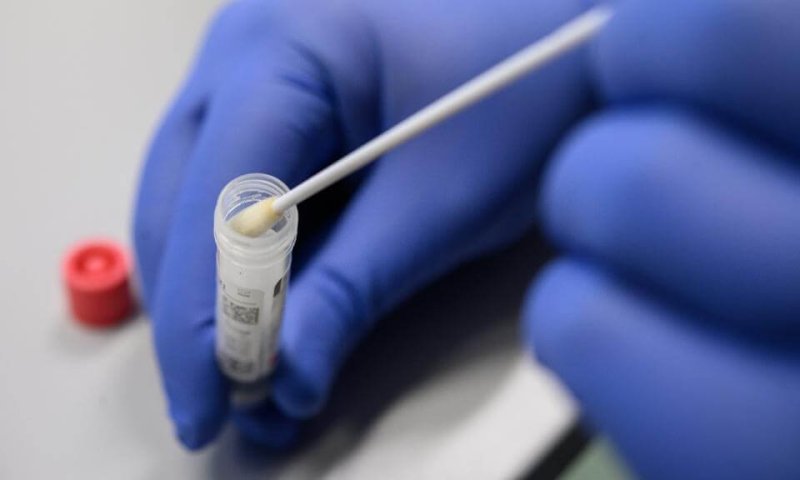…
South Korean health officials reported on hundreds of these “relapsed” cases within their country as early as April, however, they concluded that the second round of positive samples they had found were likely the result of dead coronavirus still lingering in patients.
Reinfection concerns have been further amplified by studies suggesting that people’s levels of antibodies to the virus generally take a sharp drop within two to three months.
But right now, according to the Columbia University virologist Angela Rasmussen, these concerns aren’t backed up by concrete data.
“As far as I know, there hasn’t been a documented case of reinfection,” she told Gizmodo. “People who have tested positive after recovering have not been associated with new cases, and attempts to culture infectious virus from their samples have all been negative, suggesting that the positive test was detecting residual viral RNA, not bona fide replicating virus.”
This doesn’t mean that covid-19 reinfection isn’t possible. It’s just that the science around how natural immunity to SARS-CoV-2 works is very much unsettled.































